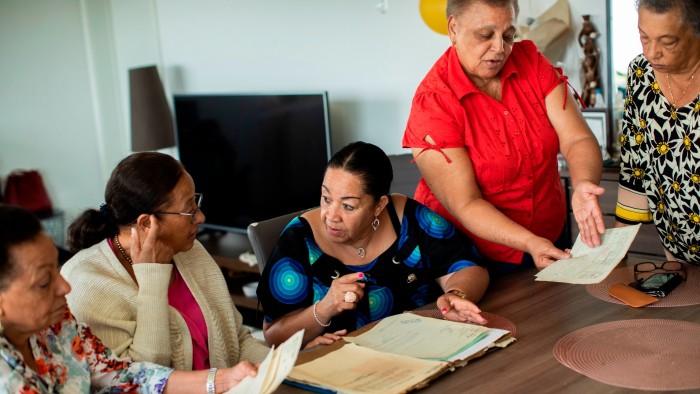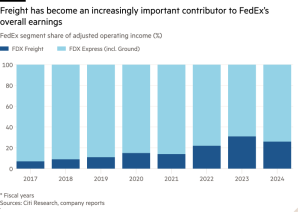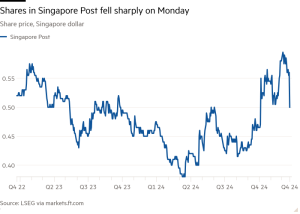Belgium found guilty of crimes against humanity in Congo

Unlock the Editor’s Digest for free
Roula Khalaf, Editor of the FT, selects her favourite stories in this weekly newsletter.
Belgium has been found guilty of crimes against humanity for the kidnapping of mixed-race children in the Congo, the first time the country is held accountable for its actions as a colonial power.
In a final ruling on Monday, the Brussels court of appeal found that the abduction of mixed-race children “is an inhumane and persecutory act constituting a crime against humanity” and ordered the Belgian state to pay a compensation of €50,000 to each of the plaintiffs. The ruling overturned a previous judgment in favour of the Belgian government.
“It is truly a historic judgment,” Michèle Hirsch, lawyer for the five plaintiffs, told the Financial Times. “It has never been ruled before that a crime of colonisation was a crime against humanity.”
“This sets a precedent that the African population can also be victim of crimes against humanity, in the same way as the Shoah or the extermination of Roma people,” Hirsch said.
Five women born to Congolese mothers and Belgian fathers in the former colony before it became independent in 1960 had sued the Belgian state. They had been taken away from their families in what is now the Democratic Republic of Congo and placed in religious institutions where they were subject to abuse.
The court said that the plaintiffs had been “taken from their respective mothers, without their consent, before the age of seven, by the Belgian state in execution of a systematic plan to search for and abduct children born to a black mother and a white father”.
It is estimated that about 15,000 to 20,000 children were subject to similar treatment. The court found that the Belgian state was targeting mixed-race children “solely because of their origins”. Children were taken from their families between the ages of three and seven to be placed in the care of religious institutions, after which their names and birthdays were often changed.
Hirsch said that the Belgian state had considered mixed-race children a threat “to the supremacy of the white race” and to the colonial state more generally, considering them “susceptible to incite the rest of the population to revolt against the coloniser”.
“To fight this threat, the Belgian coloniser decided to target children, to eliminate the threat at its root,” she said.
Hirsch said that her clients were taken to a religious congregation in Katende, in Congo’s Kasai province. When the country became independent in 1960, Belgian authorities evacuated the Belgian citizens in the midst of civil war and left the children to fend for themselves, with some suffering sexual violence at the hands of soldiers.
“After independence, nothing was done for the children,” Hirsch said.
Belgium’s former prime minister Charles Michel in 2019 officially apologised for the abduction of the children during the colonial period, but calls for reparations to the victims have remained unanswered.
Belgium’s King Leopold II ruled the Congo as his personal colony between 1885 and 1908, brutally exploiting it for rubber, ivory and minerals, enslaving and killing millions of people in the process. The Belgian state continued to rule the Congo until its independence, and also colonised what is today Rwanda and Burundi.
#Belgium #guilty #crimes #humanity #Congo




